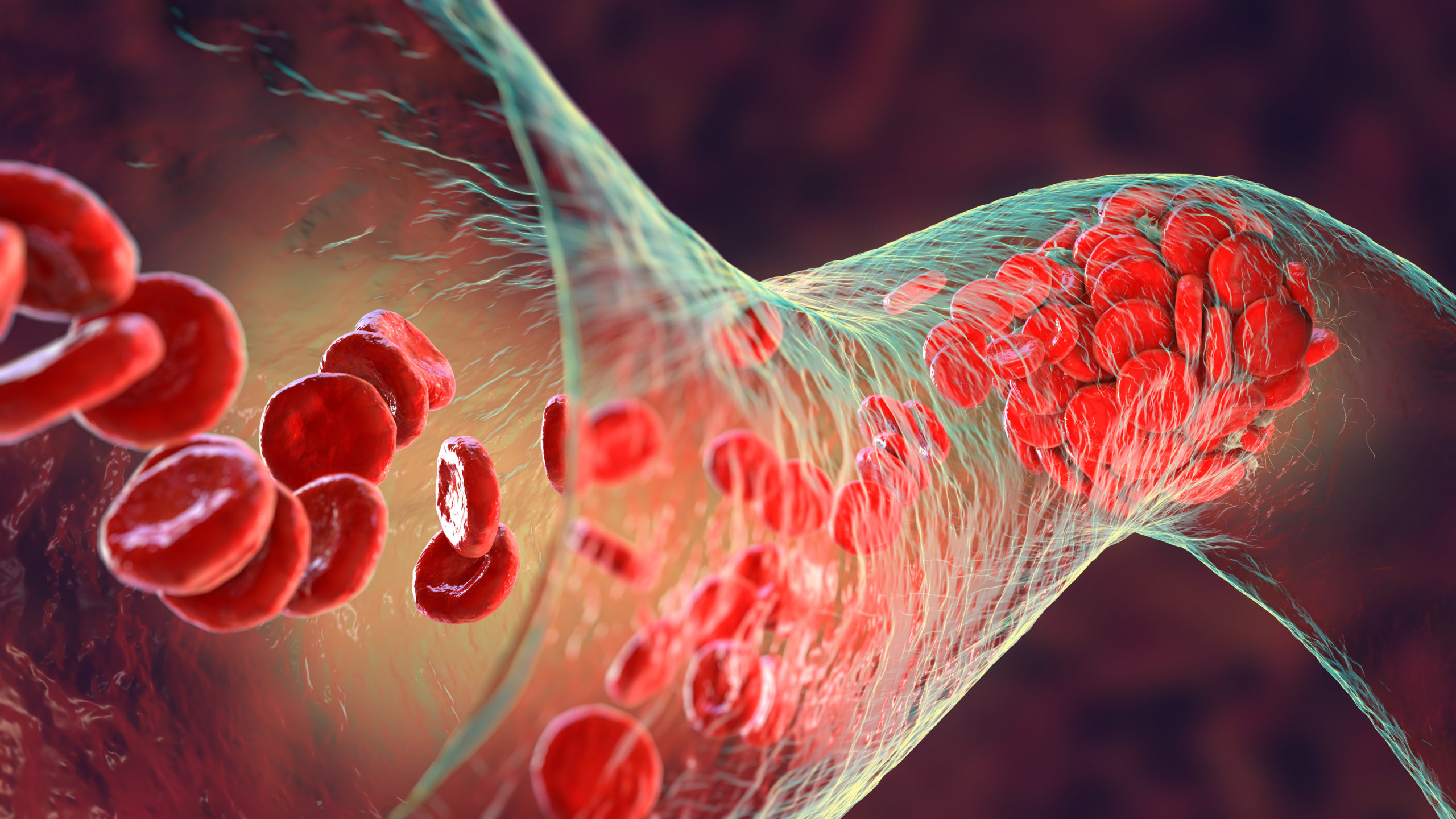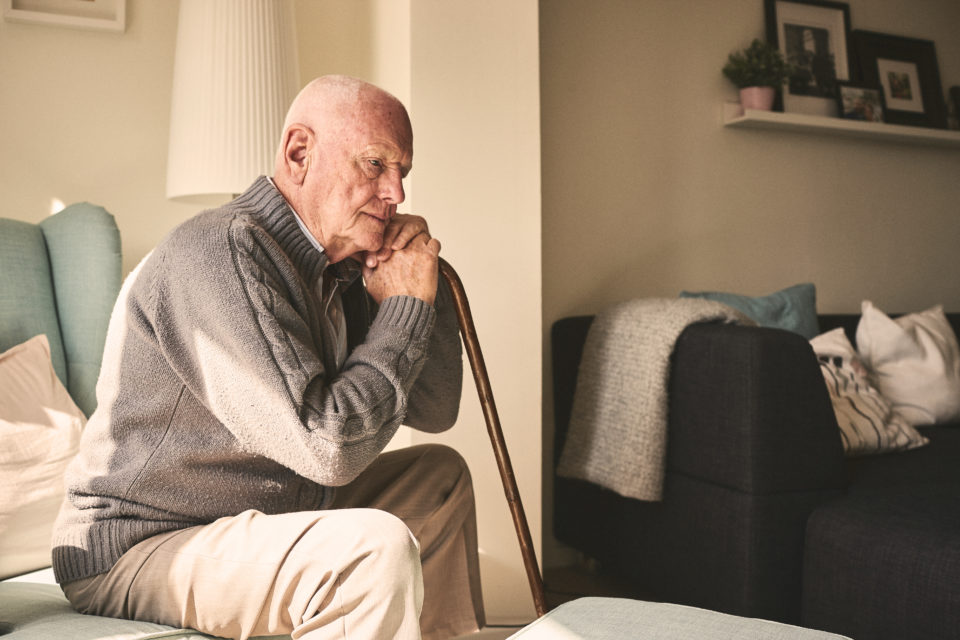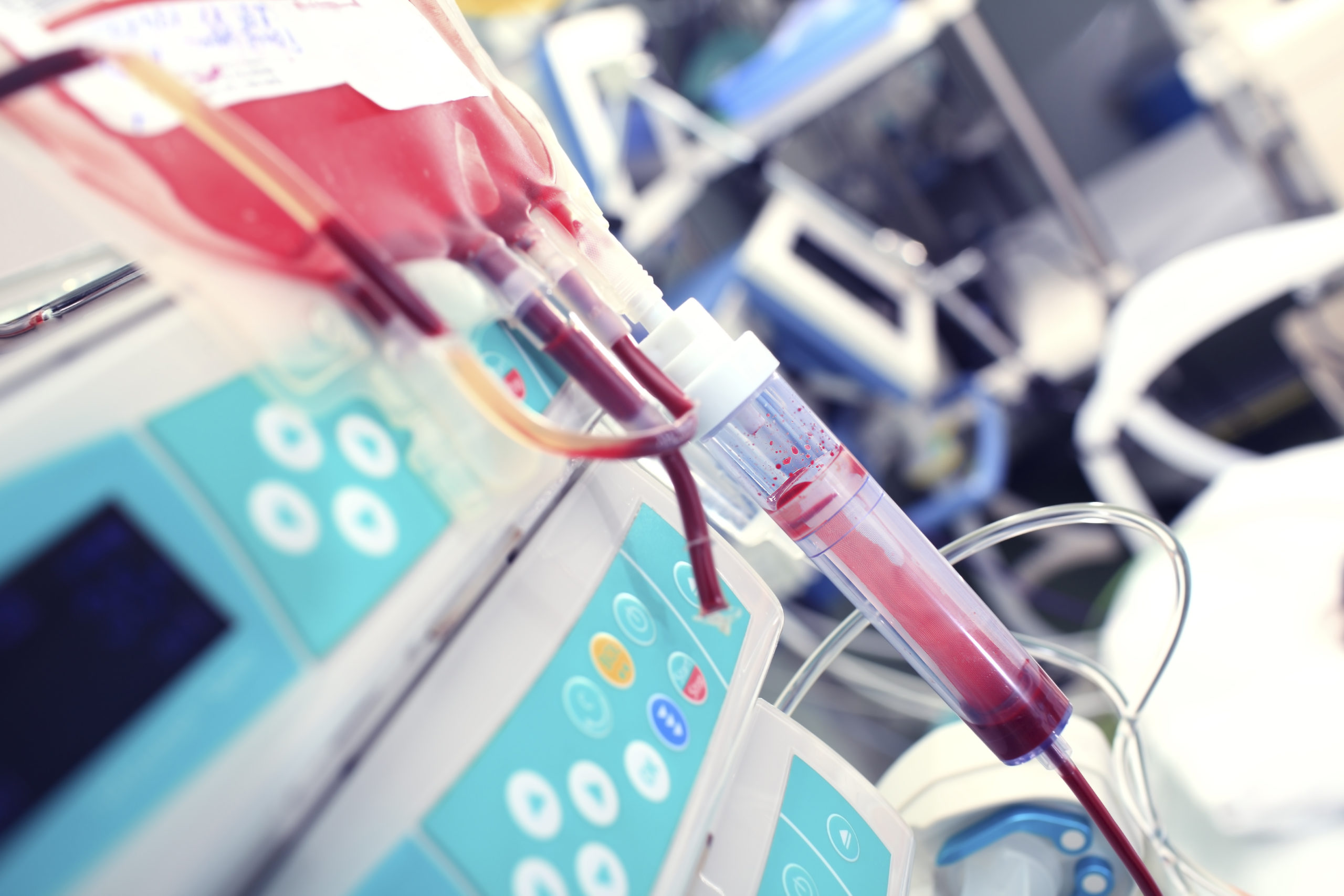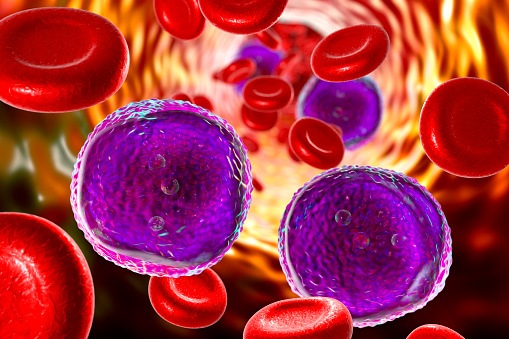
A retrospective study found that partially mismatched blood or marrow transplantation with post-transplantation cyclophosphamide resulted in minimal graft-versus-host disease (GVHD) and improved survival in patients with advanced cutaneous T-cell lymphoma (CTCL). The study was presented at the 2022 American Society of Clinical Oncology Annual Meeting.
Adult patients with relapsed/refractory CTCL undergoing mismatched related (n = 7) or unrelated (n = 1) blood or marrow transplantation between 2003 and 2020 were included in the study. Mean patient age was 50 years (range, 30-62 years), and median time from CTCL diagnosis was 2 years (range, 1.3-11.4 years).
All patients had previously received treatment, and 25% of patients received immune checkpoint inhibitor therapy. Prior to transplant, 50% of patients had a partial response, and the other half of patients were in complete remission. A total of 6 patients received bone marrow grafts, and 2 received mobilized peripheral blood.
Nearly two-thirds of patients (n = 5; 62.5%) achieved full donor chimerism 30 days post-transplant. By 60 days post-transplant, 6 patients achieved full donor chimerism; 1 patient did not engraft.
Mean time to neutrophil recovery was 17.3 days (range, 17-45 days), and mean time to platelet recovery was 28.4 days (range, 11-69 days).
Among the 2 primary endpoints, median disease-free survival was 11.3 months, and median overall survival was not reached. One patient developed grade 1 acute GVHD, and 2 patients developed mild chronic GVHD. No transplantation-related mortality occurred.
One year following transplant, 4 patients had relapsed (50%), but all patients remained alive. Three years after transplant, 7 patients had relapsed (87.5%), and 1 patient had died (12.5%).
An investigation into relapse reduction is necessary, the researchers noted.
Hughes MS, Sterling CH, Varadhan R, et al. Mismatched donor transplantation with post-transplantation cyclophosphamide for advanced cutaneous T-cell lymphoma: a single-center experience. Abstract #e19045. Presented at the 2022 American Society of Clinical Oncology Annual Meeting; June 3-7, 2022; Chicago, IL.







 © 2025 Mashup Media, LLC, a Formedics Property. All Rights Reserved.
© 2025 Mashup Media, LLC, a Formedics Property. All Rights Reserved.